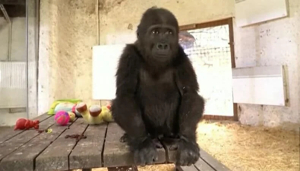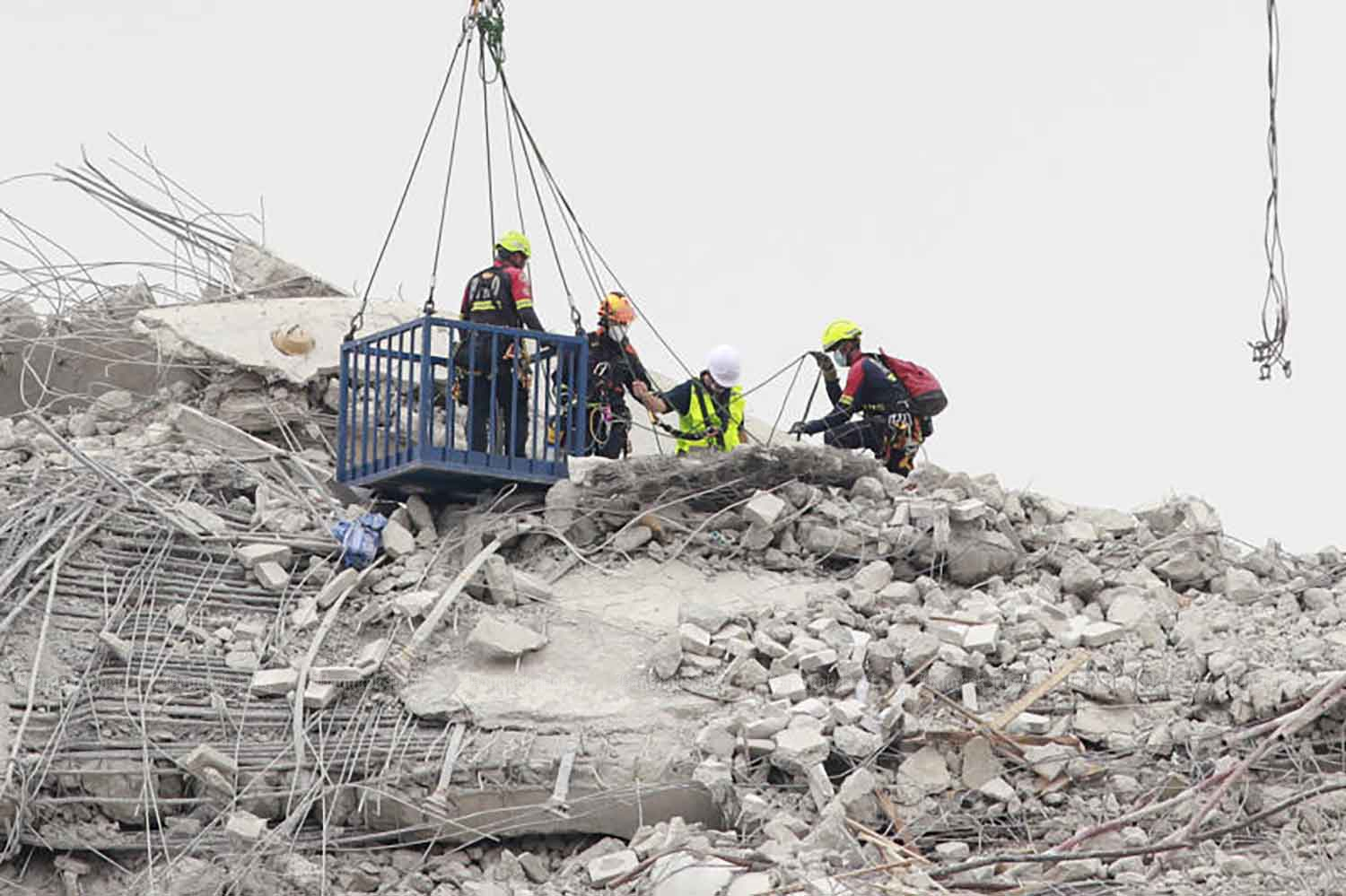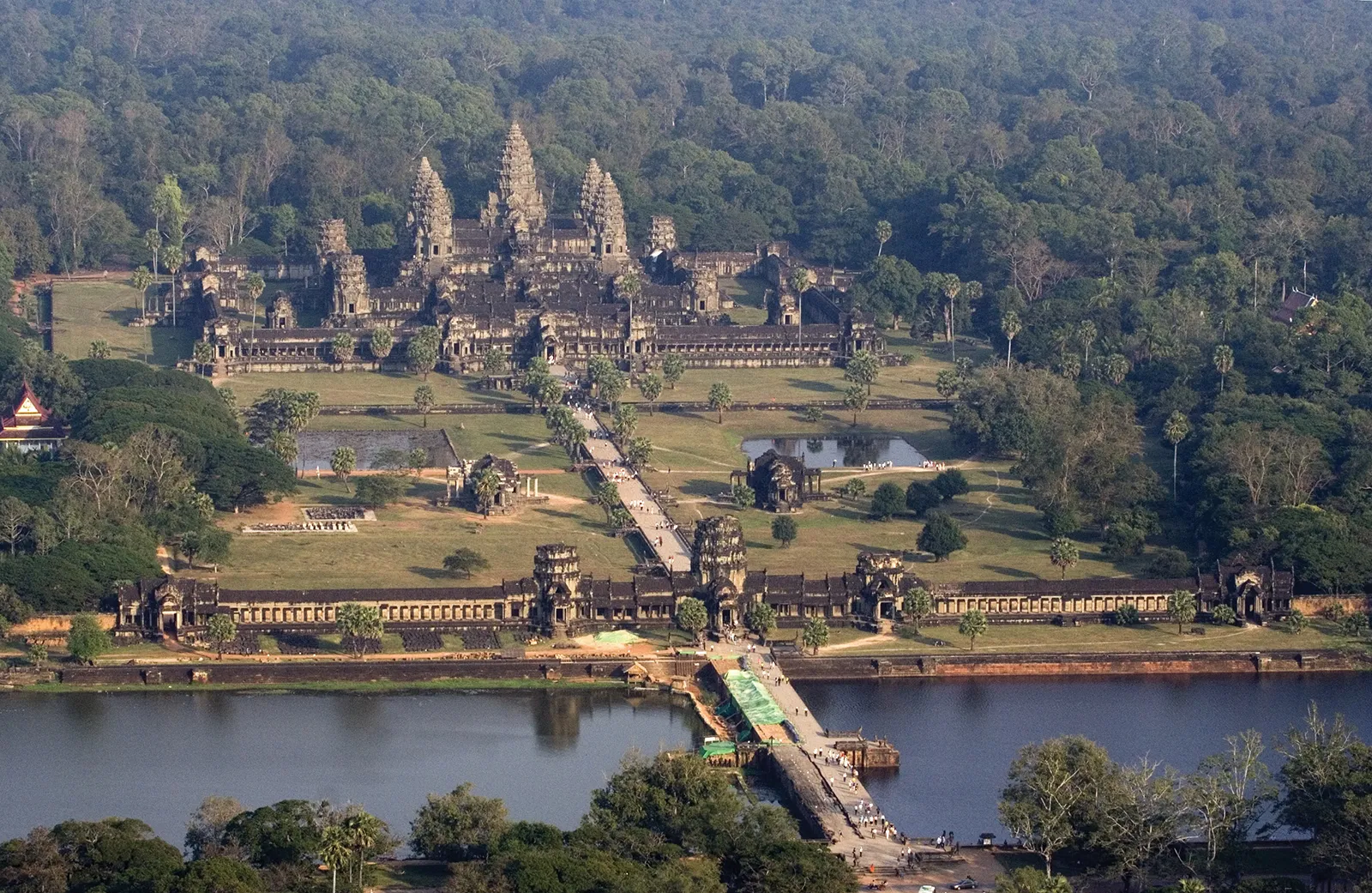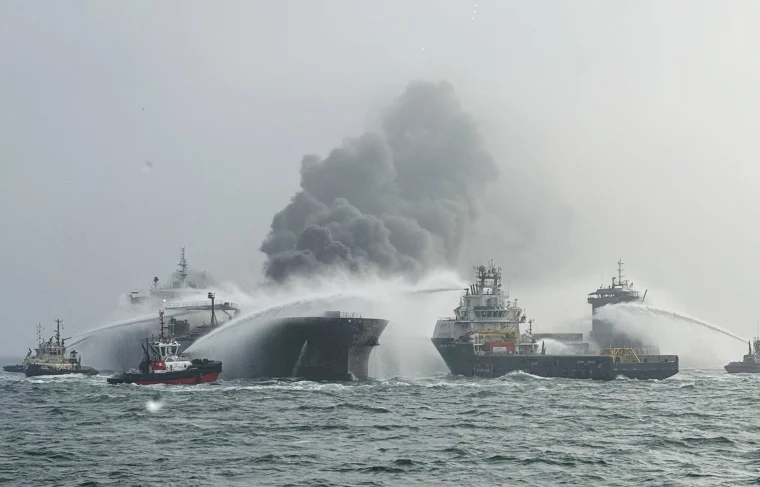The Complexities of Gorilla Smuggling
Overview of Gorilla Trafficking
The illegal trade in gorillas remains a significant challenge, particularly in regions like Congo. Despite efforts by conservation organizations, such as the Dian Fossey Gorilla Fund, smuggling operations continue to thrive due to the complexities of the region’s socio-political landscape and the high demand for these endangered species.
Rescue Efforts in Instable Regions
Challenges Faced by Conservation Teams
Recent attempts to rescue captive gorillas have been fraught with difficulties. For instance, a young gorilla was held captive for 12 weeks while its captor sought a buyer. Although local authorities were alerted, the unstable environment hindered rescue efforts. Initial attempts to confiscate the gorilla were thwarted by ongoing conflicts among rebel groups in the area.
Successful Rescues Amidst Adversity
Despite these challenges, some successes have been achieved. A rescue mission led to the recovery of an infant chimpanzee, highlighting the urgent need for increased anti-poaching investments and better communication strategies in conservation efforts.
The Growing Crisis of Great Ape Smuggling
Escalating Threats to Great Apes
The crisis surrounding great ape smuggling has escalated alarmingly, with recent data indicating that nearly 3,000 great apes are lost from their natural habitats annually due to illegal trafficking. This alarming trend underscores the urgent need for comprehensive strategies to combat organized wildlife crime.
Organized Crime and Sophisticated Networks
The smuggling of gorillas often involves highly organized criminal networks capable of navigating complex logistics across multiple countries. These traffickers utilize substantial financial resources and sophisticated methods to evade law enforcement, making it increasingly difficult to dismantle these operations.
The Path Forward
Strengthening Conservation Efforts
To effectively combat gorilla smuggling, it is essential to bolster conservation initiatives and enhance collaboration between governments and non-governmental organizations. Improved communication and community engagement can play pivotal roles in addressing this pressing issue.
As the illegal trade in gorillas continues to threaten their survival, urgent action is required from all stakeholders involved in wildlife conservation. By increasing awareness and support for anti-poaching measures, we can work towards a future where gorillas thrive in their natural habitats rather than falling victim to illegal trafficking.








